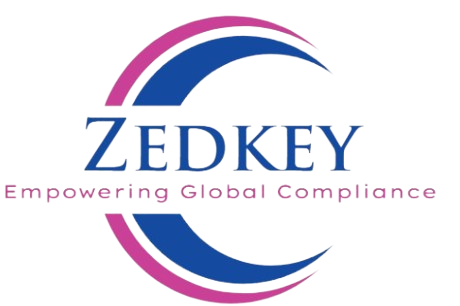When it comes to medicines, safety and quality are non-negotiable. In Nigeria, the Good Manufacturing Practice (GMP) Regulations ensure that pharmaceutical products are produced with the highest standards of quality and safety. Introduced by NAFDAC in 2021, these rules are essential for anyone involved in the pharmaceutical industry and for everyday consumers who trust these products.
What is Good Manufacturing Practice (GMP)?
Good Manufacturing Practice (GMP) refers to the set of guidelines that companies must follow when making medicines. These guidelines ensure that the medicines are:
- Safe for people and animals.
- Effective and work as intended.
- Consistent in quality from one batch to another.
GMP covers everything from the quality of raw materials, how the medicines are made, packaged, stored, and even how they are distributed.
What Do the 2021 GMP Regulations Cover?
The 2021 rules tell manufacturers how to make medicines the right way.
Here are the main points:
1. Pharmaceutical Quality System
Every company must have a well-organized system to ensure medicines are made properly. From the start of production to the final product, all steps must be clearly defined and managed.
2. Highly Trained Staff
You wouldn’t want just anyone baking your cake, right? The same goes for medicines. Only trained, qualified personnel can work in pharmaceutical manufacturing. NAFDAC requires companies to ensure all employees know their responsibilities and are properly trained for their roles.
3. Safe and Clean Manufacturing Environment
The facilities where medicines are made must be clean and organized. Equipment must be regularly cleaned and maintained to avoid any contamination, ensuring that every medicine is produced in a sterile environment.
4. Thorough Documentation
Every single step in the production process must be documented. This includes how the product is made, how it’s tested, and how it’s stored. If something goes wrong, companies can quickly find the source of the problem.
5. Strict Quality Control
Medicines are tested at every stage of production to ensure they meet quality standards. Only after passing these tests can the medicines be released for use.
6. Handling Complaints and Recalls
If there’s a problem with a product, companies must have a process to investigate and solve the issue. This also means being ready to recall products if necessary and reporting serious incidents to NAFDAC.
What’s New and Important in the 2021 Regulations?
The 2021 GMP regulations focus on:
- Product recall: If any product is unsafe or defective, it can be swiftly pulled from the market to protect public health.
- Transparency with NAFDAC: Companies are required to notify NAFDAC of any issues that could affect product safety, showing a move toward more transparency.
- Modernized Quality Systems: Updated guidelines require manufacturers to integrate the latest technology and systems for better product quality management.
Penalties for Non-Compliance: What Happens If Rules Are Ignored?
NAFDAC is serious about enforcing these regulations. Companies or individuals that fail to follow the rules face strict penalties:
- Fines of up to N800,000 for individuals and up to N5 million for companies.
- Responsible individuals could face jail time.
- Repeated violations could lead to the company’s license being revoked, making it illegal to produce or sell medicines.
Why This Matters to You: Protecting Consumers and Building Trust
The GMP regulations are about more than just legal rules—they’re about ensuring the health and safety of the Nigerian public. When manufacturers follow these guidelines, consumers can have confidence that the medicines they use are safe and effective. Whether it’s a simple pain reliever or life-saving medication, the integrity of every pill or syrup matters.

